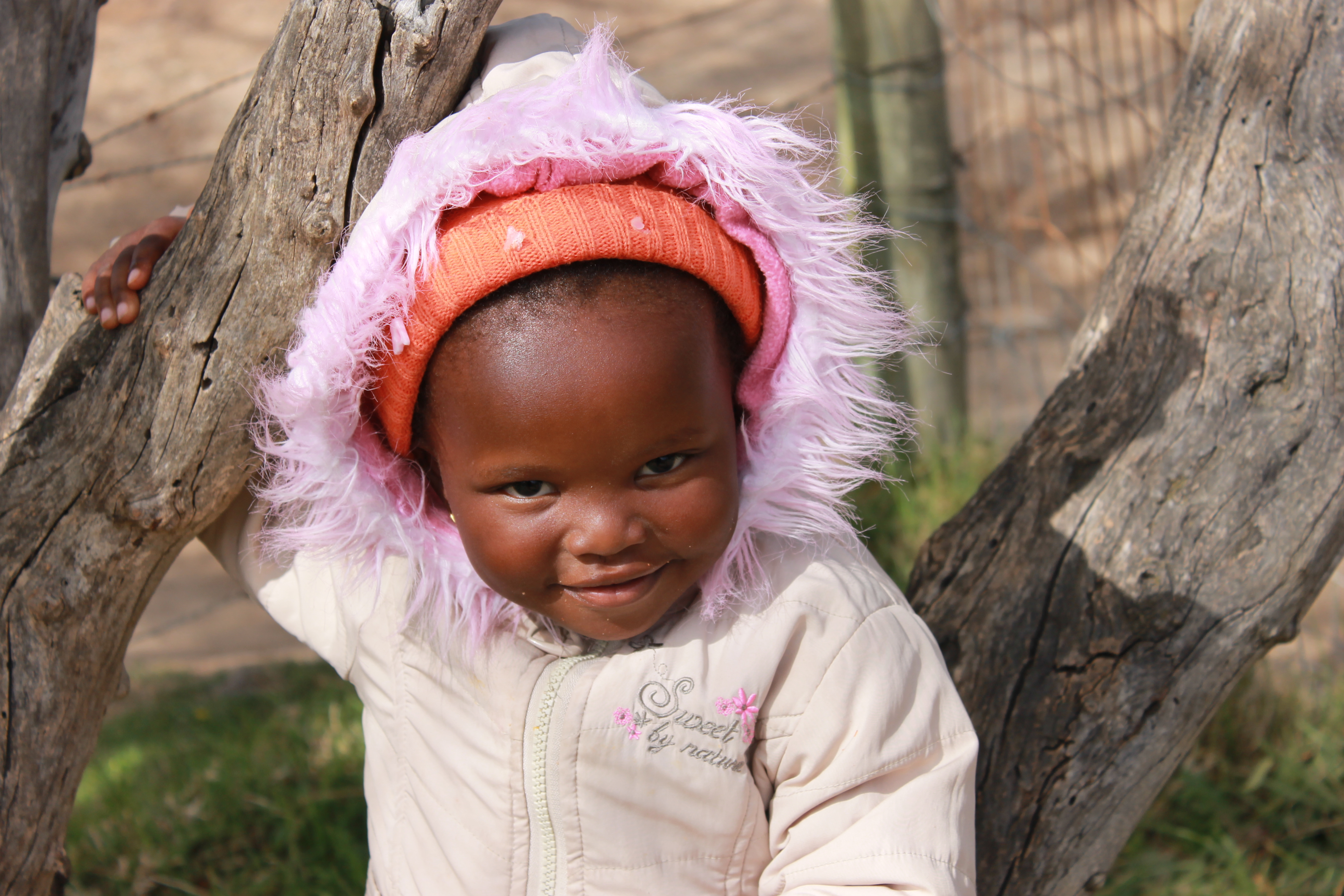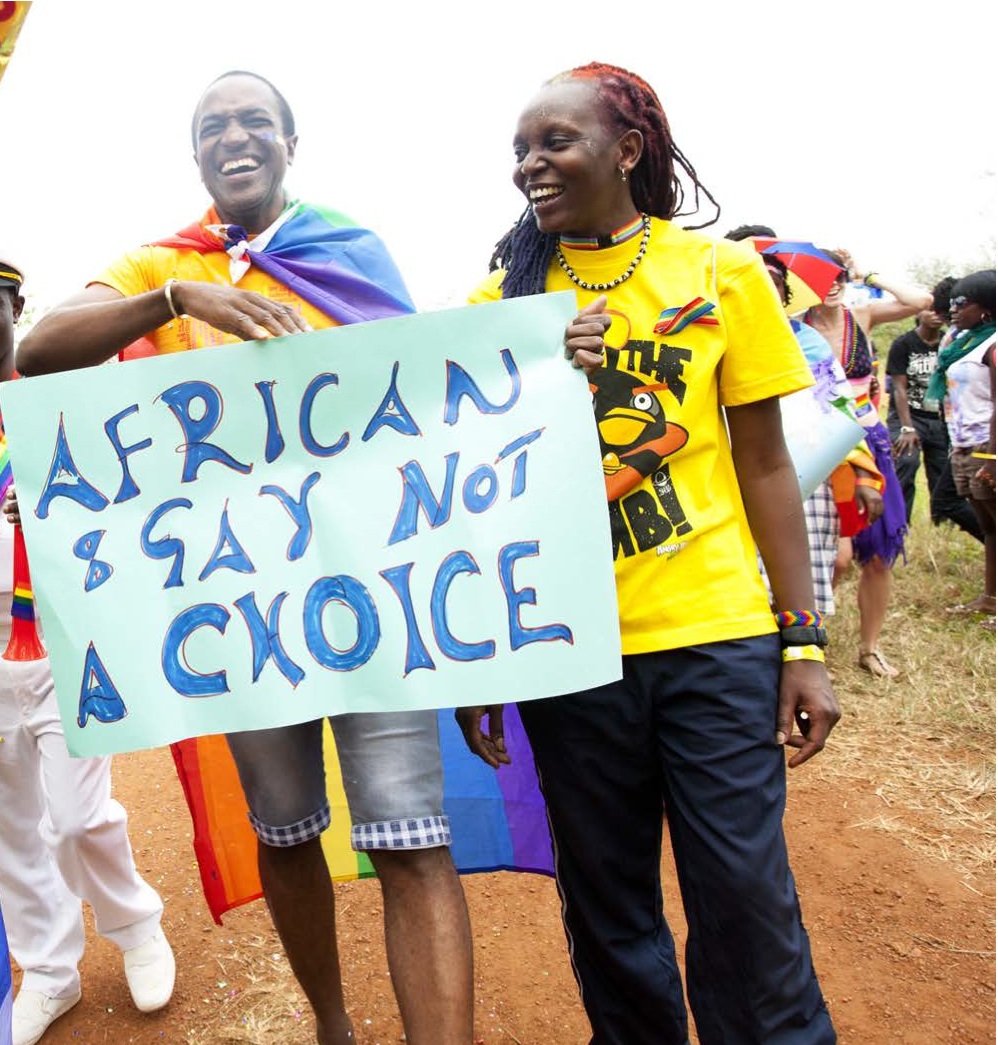I've been mulling over the gay zulu wedding fiasco over the past few weeks. I was excited to see it, but something left me unsettled. Here are my thoughts, inspired by a TEDTalk by one of my favorite writers, Chimamanda Adichie, "The Danger of a Single Story."
-
-
Africans for Africa: Press Coverage of GlobalGiving Social Media and Online Fundraising Workshop in Johannesburg
"Various charities in and around Johannesburg will add impetus to their fundraising drive if Spectra has anything to do with it." I just received a scanned image of an article that was printed in a local Johannesburg paper about my Social Media and Online Fundraising training for African NGOs, hosted…
-
Africans for Africa - Blog - Creative Corner - Organizations - Philanthropy - Special Series - Videos
[VIDEO] Africans for Africa Update: A Day at The Ibhabhathane Community Centre
I recently visited the Ibhabhathane Community Centre, the only pre-school available in Rieebeck East, a small farm village with a population of about 700 people. Needless to say, providing good quality education (much less early childhood development) is a challenge. But a small group of dedicated women are making a…
-
Afrofeminism - Blog - Gender and LGBT Issues - International Development - LGBT Africa - Movement-Building - Philanthropy - The Political, Personalized - Thought Leadership
Celebrate LGBTI Africa’s Pride Everyday (and Everywhere, Not Just Uganda)
I have witnessed the daily grind of empowerment of black South African lesbians, watched them sink and wade through the cultural stigma that surrounds them like a mist, clouding the world’s perception of their lives as ordinarily human. Thus, I have come to re-affirm my belief that we must also…
-
Afrofeminism - Blog - Film - Gender and LGBT Issues - LGBT Africa - Media - Race, Culture, Ethnicity - Social Commentary - Special Series
Racism and LGBT Rights: Where are the African Films in the South African LGBT Film Festival?
South Africa's 19th Out in Africa LGBT Film Festival opens this weekend and there is certainly no shortage of films about women, quite an achievement to note given how often the LGBT community is depicted as male. Yet, within the context of Africa, the LGBT community is also frequently perceived…
Online rulet oyunları gerçek zamanlı oynanır ve online slot casino bu deneyimi canlı yayınlarla destekler.
İnternet üzerinden eğlence bahsegel giriş arayanlar için deneyimi vazgeçilmezdir.
Kullanıcıların hesaplarına hızlı ve sorunsuz bettilt ulaşabilmesi için adresi her zaman güncel tutuluyor.




